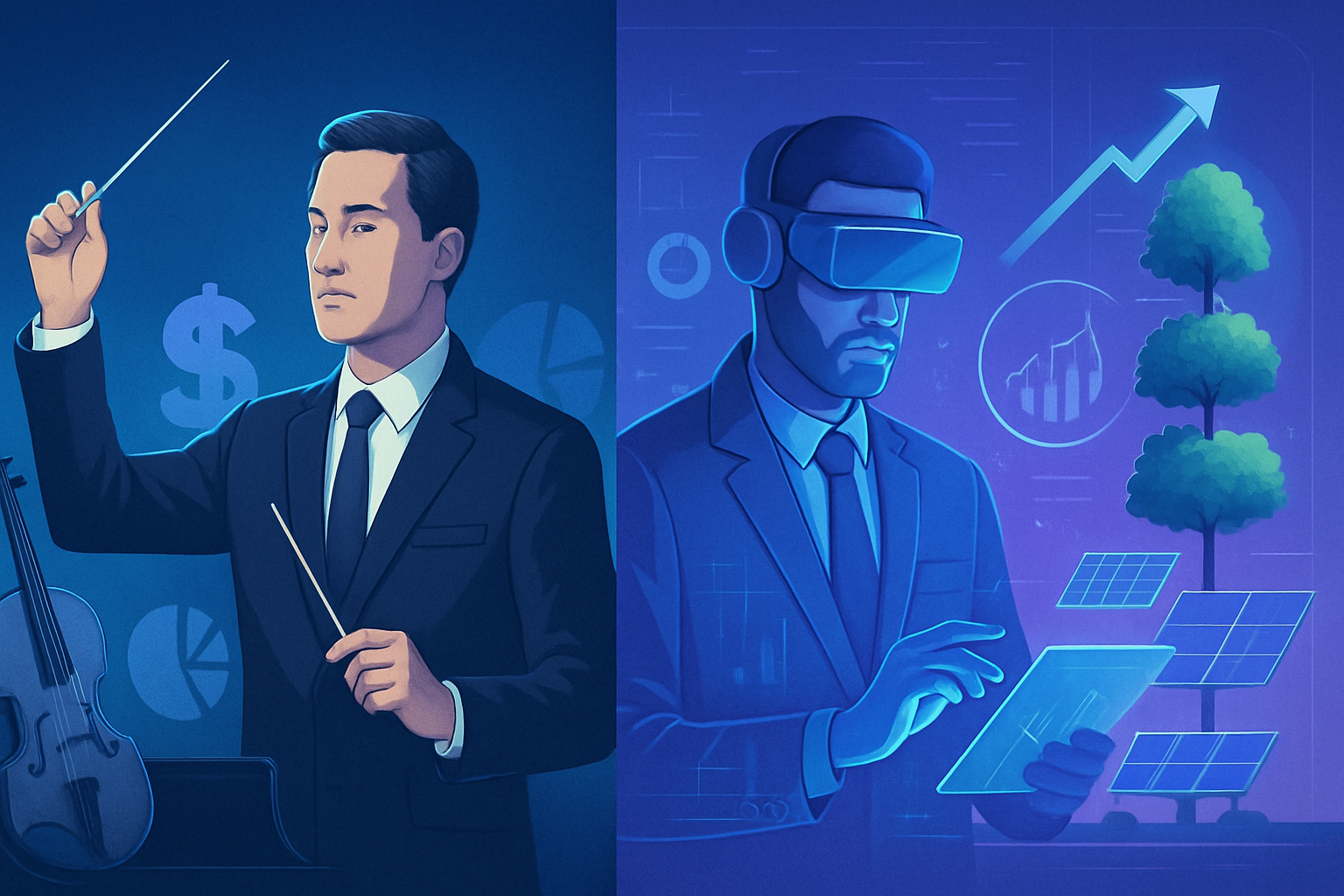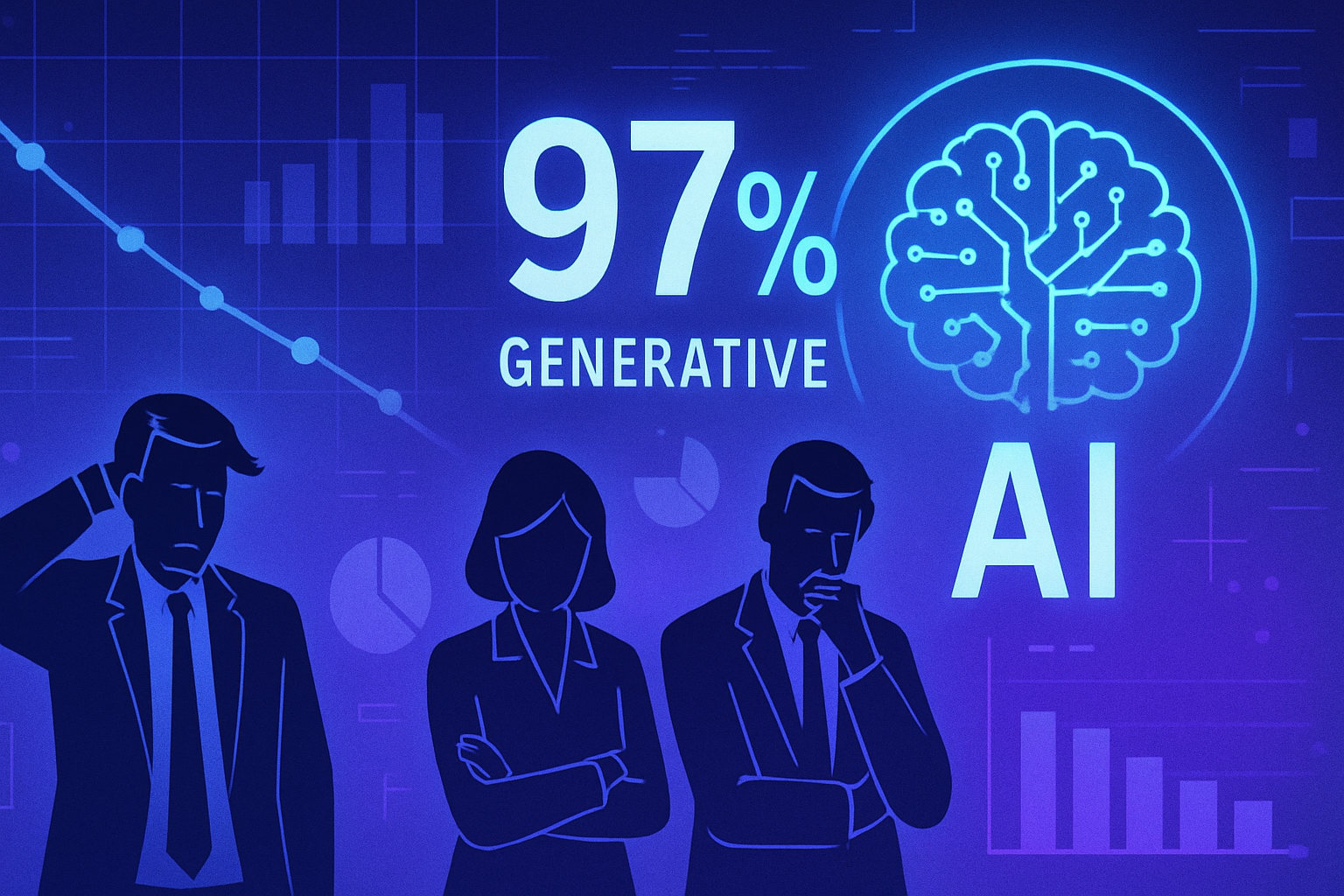The emergence of the Chief Financial Officer (CFO) embodies a true managerial revolution. From a traditional role of conductor, the CFO now establishes itself as *the architect of sustainable performance*. This transformation responds to major challenges, notably the need for a proactive approach in the face of rapid market changes.
The search for sustainable value motivates this reinvention, addressing the needs of modern and effective governance. Financial departments must excel in interdisciplinary collaboration, while integrating technological innovations. The era of simple *budget management* is over; sustainable performance requires a broader and strategic vision.
The evolution of the role of the Chief Financial Officer
The role of Chief Financial Officer (CFO) has undergone a radical transformation over the decades. Once seen as a mere guardian of the numbers, the CFO now occupies a central place in the overall strategy of companies. This change is mainly due to the digitization of financial processes and the emergence of AI.
From conductor to architect of sustainable performance
The CFO is no longer limited to overseeing accounting and treasury functions. Far from viewing finances as a mere administrative discipline, the CFO plays a strategic pioneer role in establishing a long-term vision. Thus, they become the architect of sustainable performance, integrating sustainability considerations into every financial decision.
This evolution demands a profound understanding of economic issues as well as market trends. Now, the CFO must align financial objectives with environmental, social, and governance (ESG) aspirations. Therefore, corporate social responsibility is at the heart of the financial strategy.
Resources and collaboration
The CFO is also the guarantor of the necessary resources for innovation and digital transformation. To support the integration of advanced technologies, they must foster synergy among departments. Such interdisciplinary collaboration is essential to ensure smooth exchanges and the efficiency of processes.
This collaborative dynamic requires strategic alignment with various functions, particularly IT, marketing, and operations. With this integrated approach, the CFO maximizes profitability and boosts the organization’s agility.
Technology at the service of the financial function
New technologies play a pivotal role in the transformation of the CFO role. The use of artificial intelligence solutions allows for the generation of accurate predictive analyses and real-time reports. These tools provide strategic perspectives on financial data, thereby enhancing the management’s ability to make informed decisions.
The digitization of processes, combined with the integration of cloud systems, fosters transparency and responsiveness. Companies that invest in these technologies become more agile and adapt more quickly to market fluctuations.
The challenges of AI integration
Despite the many advantages, integrating AI in the financial sector presents challenges. Distrust of fintech technologies persists, often due to concerns about data security. Leaders must ensure a smooth transition to an optimized technological framework while managing the associated risks.
To mitigate these issues, comprehensive platforms addressing the complexities of systems are emerging as a viable solution. These platforms, by offering a functional set, allow vulnerability to be addressed while ensuring strategic agility.
Combining human expertise and AI
As AI continues to redefine the financial landscape, the complementarity with human expertise remains essential. Financial teams, equipped with the right technological tools, can focus on innovation and strategic creativity.
AI automates repetitive tasks and enhances data quality. This synergy allows CFOs to refocus on business strategy, identify new opportunities, and anticipate potential risks.
The future of the Chief Financial Officer
The CFO role is heading towards a future where versatility will be crucial. Every CFO will need to master financial aspects while becoming familiar with technological innovations. A holistic vision will foster sustainable performance for the entire organization.
Financial departments will thus be required to navigate an unpredictable landscape, relying on their ability to adapt and innovate to propel their companies to new heights.
Frequently Asked Questions
What is the current role of the CFO in a modern company?
The CFO plays a strategic role that goes beyond mere balance sheet management. They have become architects of sustainable performance, integrating financial vision with business strategy to drive growth and ensure resilience.
Why must the finance department align its functions with other departments?
Collaboration with other departments, such as IT and Supply Chain, is essential to promote an integrated approach that optimizes efficiency and innovation while addressing the increasing complexity of the market.
How does AI transform the role of CFOs?
AI improves the accuracy of financial forecasts, automates repetitive processes, and provides in-depth analyses, thereby allowing CFOs to focus on strategic innovation and informed decision-making.
What skills are now required for a CFO?
CFOs must possess leadership skills, a deep understanding of digital technologies, an ability to interpret complex data, and a knack for interdisciplinary collaboration.
Why is it important for the finance department to engage in technological strategy?
The finance department must play an active role in technological decisions to ensure that investments support the company’s strategic objectives and enhance overall efficiency.
How do ESG practices influence the role of CFOs?
Environmental, social, and governance (ESG) practices are now integrated into financial decisions, making CFOs key players in creating sustainable and responsible value for the company.
What are the main trends shaping the future of the CFO?
Trends include the automation of processes via AI, greater emphasis on predictive analysis, risk management, and the importance of increased collaboration between departments to foster agility and responsiveness to market changes.
What is the impact of digital transformation on the role of the CFO?
Digital transformation provides CFOs with tools and resources that enhance decision-making, data management, and operational efficiency, thereby strengthening their role within the company.
How does the finance department contribute to the long-term sustainability of the company?
The finance department contributes by ensuring resources for innovation, optimizing the value chain, and establishing responsible financial management practices, thus creating a solid foundation for the company’s sustainability.






